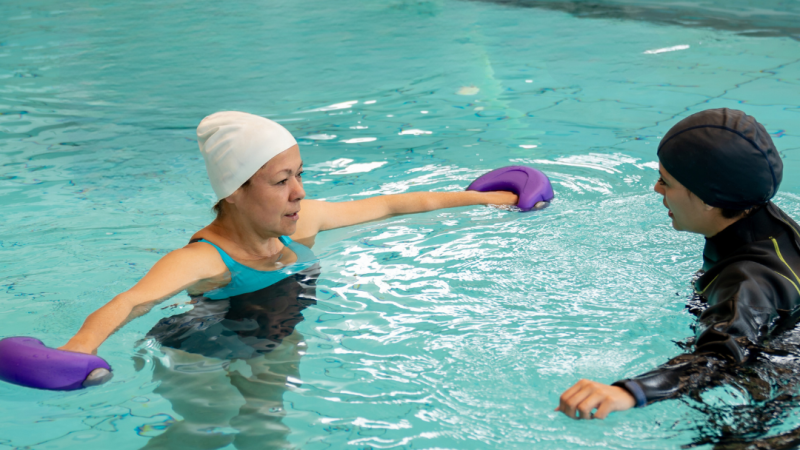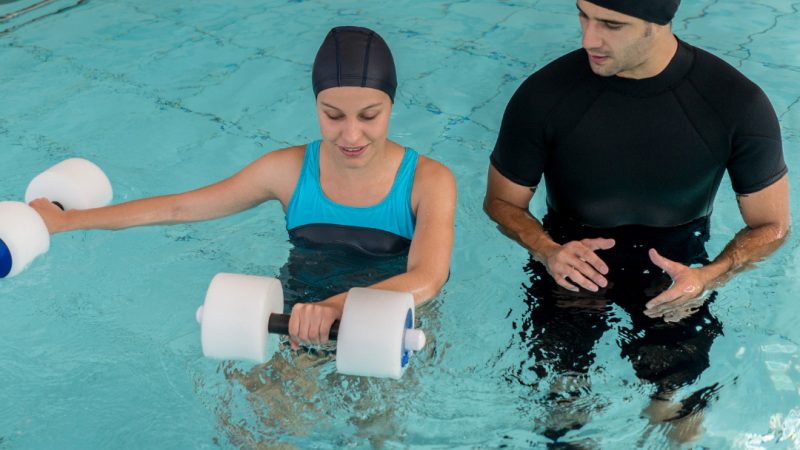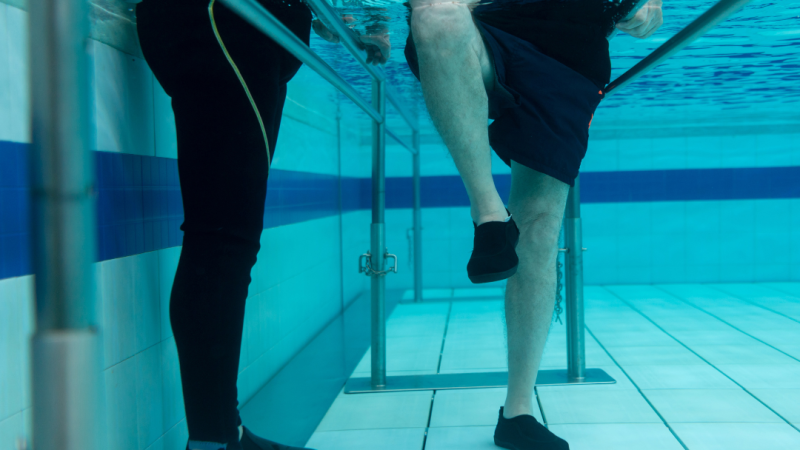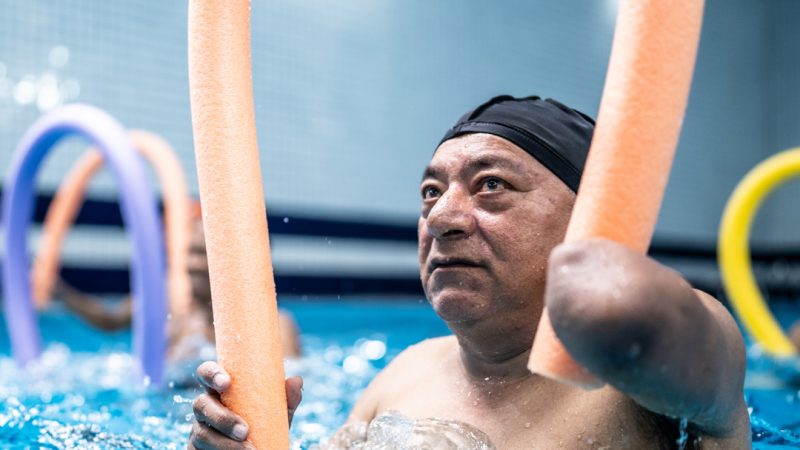Benefits of Home Physiotherapy for Elderly in Melbourne
Staying active and independent is easier when care comes to you. This article explains how home physiotherapy for elderly Melbourne families rely on helps manage pain, improve balance, and support safe movement at home. Want to know if in-home physio is the right option for your loved one? Click to learn more.



